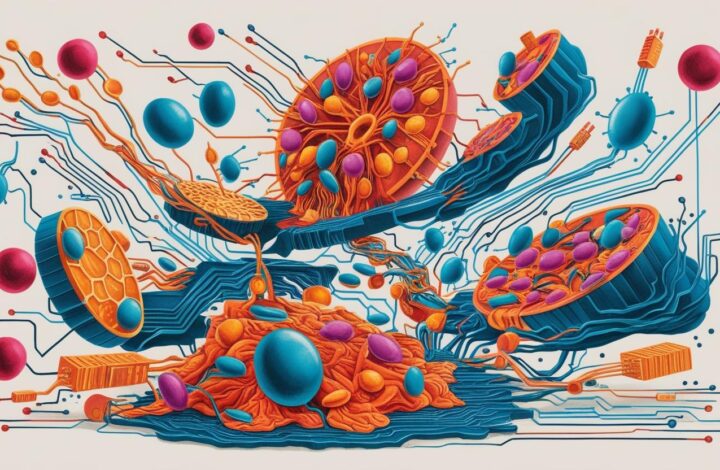
Hybrid Agencies: Interacting with Biological and Artificial Systems
Year Group 2025/26
About the topic
Nothing is static, all transforms. The past decades have seen a significant increase in the development and implementation of artificial agents such as robots, virtual reality characters and Artificial Intelligence. Do you need a body to be “somebody”, i.e. a self, an agent? And what is an ‘agent’? The terms “agency” and “agent” are used widely across disciplines, from philosophy to cellular biology, neuroscience, life sciences and Artificial Intelligence. Yet, no common ground exists on defining what exactly an ‘agent’ is, especially in relation to its biological versus artificial embodiment. It is important however to align definitions across disciplines because many discussions simply transfer insights from one field to another, with completely different meanings involved. This question is even more urgent in the light of recent developments of hybrid systems combining biological, organic cells and synthetic artificial materials to create new bodes and new living systems.
The NIAS-Lorentz Theme Group is the ideal vehicle to explore these questions that require an interdisciplinary lens with an expert international panel, and which have not been addressed within this scheme yet. Our expert, and enthusiastic team steps in to address this gap. Our take on these questions is fresh, groundbreaking and highly interdisciplinary, combining insights from philosophy, neurobiology, AI and robotics. We aim to demonstrate that the further we advance our making, understanding and interacting with artificial and hybrid systems, the more we will learn about the essence of biological living agents such as humans.
About the members of the theme group
Dr Anna Ciaunica, the Lead Coordinator is a Senior Researcher and Principal Investigator at the Group of Artificial Intelligence for People and Society (GAIPS) INESC-ID, University of Lisbon Portugal where she leads the Co-Embodied Self lab (CELab). Anna is also Honorary Research Associate at the Institute of Cognitive Neuroscience, University College London, the UK. Dr Ciaunica currently leads as PI 3 interdisciplinary projects looking at self-consciousness, embodiment, and agency in humans and artificial agents. Her research tackles the fundamental neurophysiological mechanisms of the human mind, with focus on embodied selfhood and cognition from a dynamic, developmental perspective, and how it is affected by interactions with artificial minds and artificial bodies.
Dr Ruud Hortensius, the co-Lead Coordinator is a social neuroscientist investigating human social cognition during interactions with artificial agents, including long-term human- robot interaction, using behavioural and brain measures.
Michael Levin is Advisor to the NIAS Lorentz Theme Group
NIAS-Lorentz Program
This Theme Group is part of the NIAS-Lorentz Program, which promotes cutting-edge interdisciplinary research that brings together perspectives from the Humanities and/or Social Sciences on the one hand and the Natural sciences and/or Technological Sciences on the other. Read more about NIAS-Lorentz theme groups.
Themegroup participants
-

-
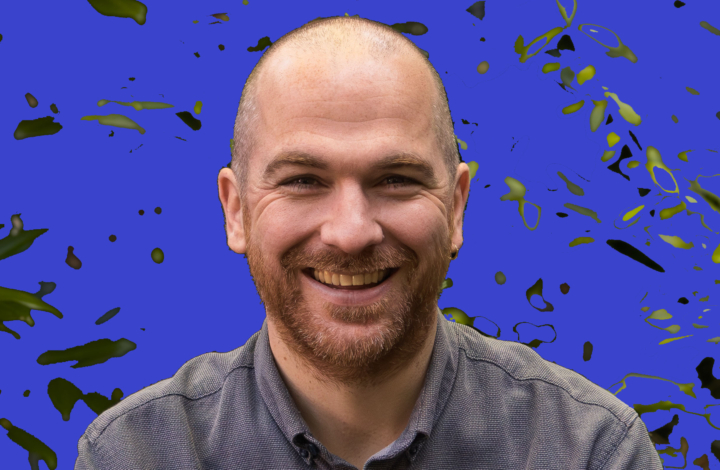
-
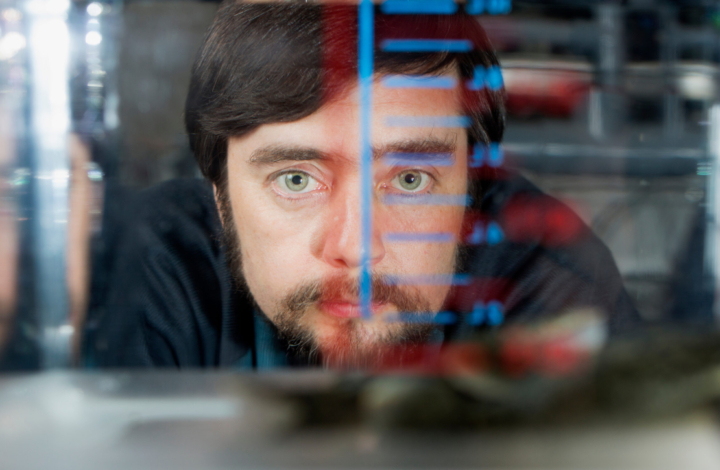
Levin, Michael
Year Group 2025/26 Disciplines: Biology, Cognitive Sciences, Communication Science, Computer Science, Philosophy
-
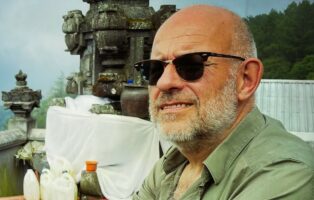 Fellow
FellowToine Pieters
-
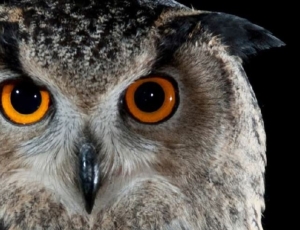 Fellowship
FellowshipNIAS-Lorentz Theme-Group Fellowships
-
 Fellow
FellowWijnand IJsselsteijn
-
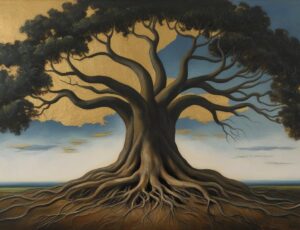 Theme Group
Theme GroupWhy do adults change their beliefs?